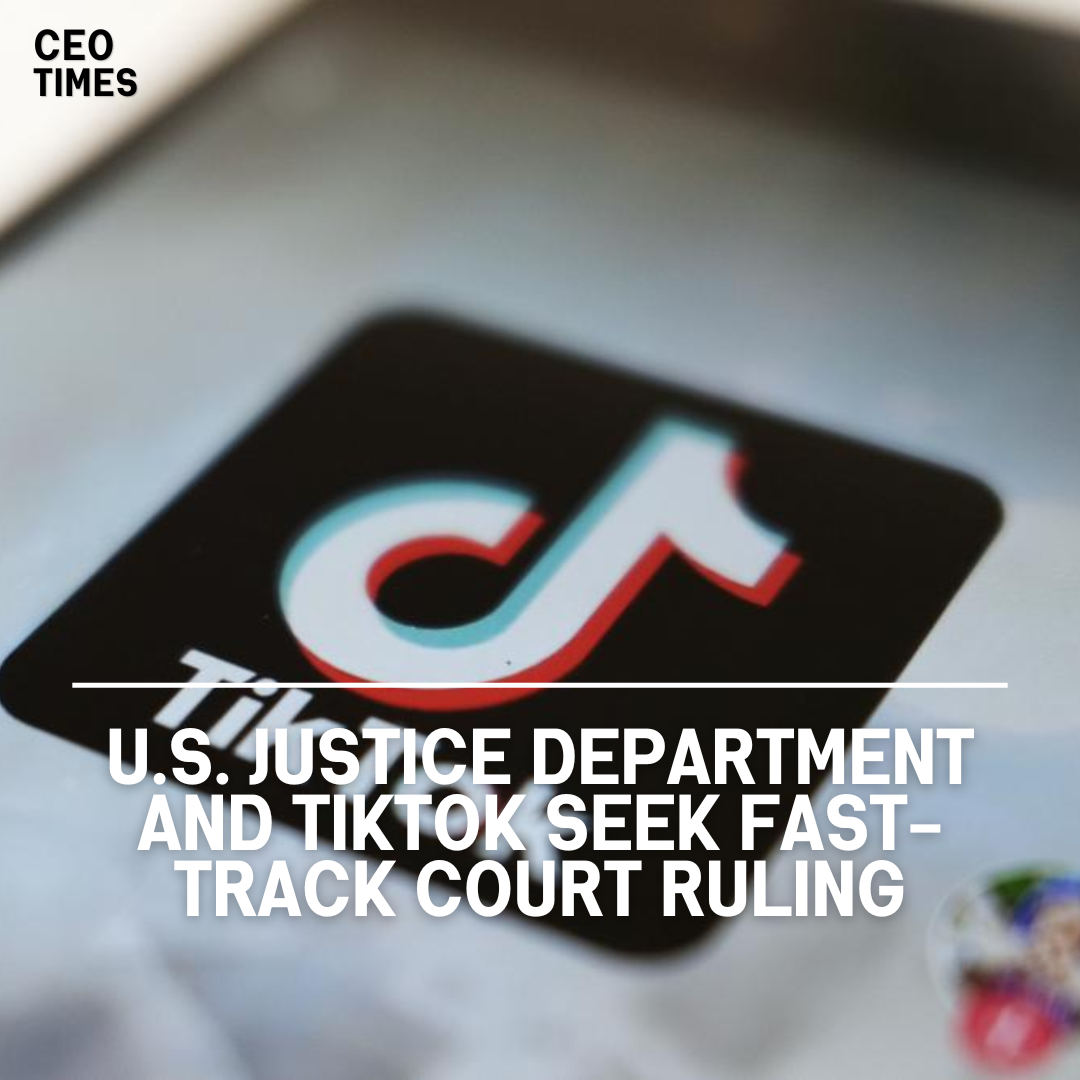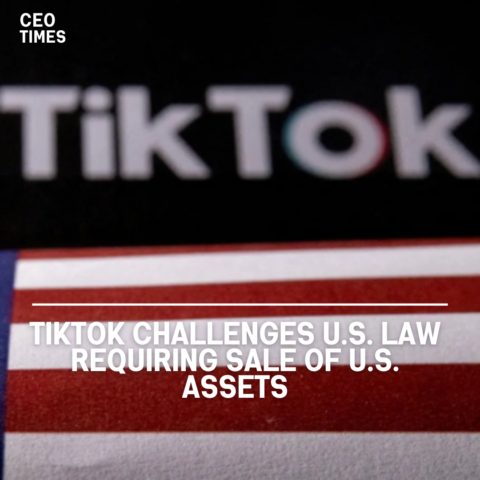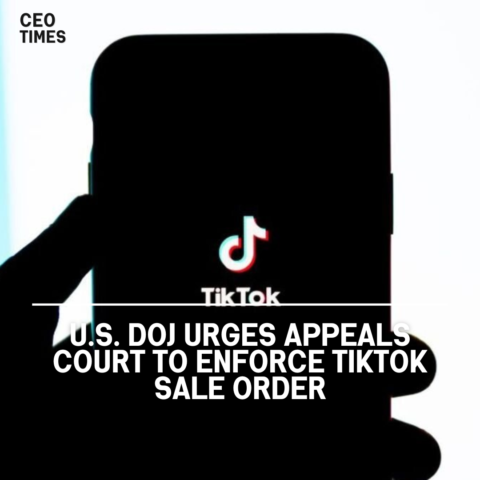The U.S. Justice Department and TikTok have jointly requested a fast-track schedule from a U.S. appeals court to address legal challenges against a new law requiring ByteDance, TikTok’s China-based parent company, to divest its U.S. assets by January 19 or face a ban.
The request to the U.S. Court of Appeals for the District of Columbia aims for a ruling by December 6 to allow time for a potential Supreme Court review before the deadline.
Legal Actions by TikTok and Creators:
TikTok, ByteDance, and a group of TikTok content creators have filed lawsuits challenging the law’s constitutionality. They argue it infringes on First Amendment free speech protections and other constitutional rights.
The creators’ lawsuit highlights TikTok’s significant impact on American life, noting its widespread use by 170 million Americans.
Public Interest and National Security Concerns:
Given the app’s extensive user base, the Justice Department and TikTok emphasized the public’s significant interest in a prompt resolution.
The Justice Department maintains that the law, signed by President Joe Biden on April 24, addresses critical national security concerns by aiming to prevent Chinese-based ownership of TikTok, thus mitigating potential data access or espionage risks by the Chinese government.
Provisions of the Law and Court Procedures:
The law prohibits app stores, such as those operated by Apple and Alphabet’s Google, from offering TikTok and bars internet hosting services from supporting the app unless ByteDance completes the divestment.
The parties have asked the court to schedule oral arguments as soon as feasible in the September case calendar. The Justice Department indicated it might secretly submit classified material in support of the national security rationale with the court.
Broader Implications and Congressional Support:
Congress swiftly passed the measure, which was driven by bipartisan concerns over potential Chinese espionage and data privacy issues.
Lawmakers worry that the Chinese government could exploit TikTok to access sensitive information on American users.
The Justice Department insists that the law aligns with the First Amendment and other constitutional constraints, aiming to protect national security without outright banning the app.




















